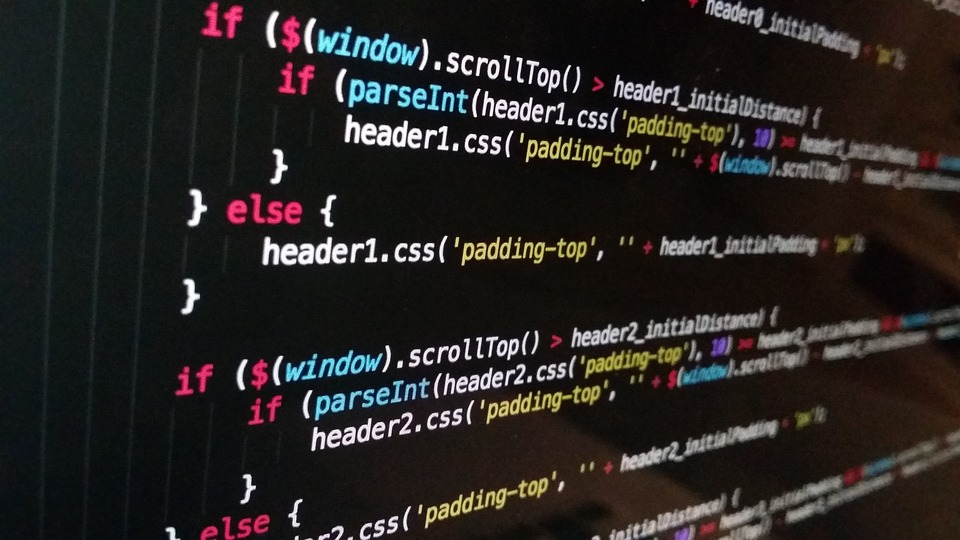To help developers unleash the power of Java, this comprehensive guide will cover everything from the basics of Java programming to advanced techniques and best practices. Whether you’re a beginner looking to learn Java for the first time or an experienced developer looking to enhance your skills, this guide has something for everyone.
Getting Started with Java
Before diving into the more advanced features of Java, it’s important to have a solid understanding of the basics. Java is an object-oriented programming language that is known for its simplicity and readability. To get started with Java, you’ll need to download the Java Development Kit (JDK) from the official Oracle website and install it on your computer.
Once you have the JDK installed, you can start writing and running Java code using an Integrated Development Environment (IDE) such as Eclipse or IntelliJ IDEA. These IDEs provide a user-friendly interface for writing, testing, and debugging Java code, making the development process much smoother and more efficient.
Fundamental Concepts of Java
Java is based on several fundamental concepts that are essential for understanding how the language works. These concepts include classes, objects, inheritance, polymorphism, and encapsulation. Understanding these concepts will help you write more efficient and maintainable code in Java.
Classes and objects are the building blocks of Java programs. A class is a blueprint that defines the properties and behaviors of an object, while an object is an instance of a class that represents a specific entity in your program. Inheritance allows you to create new classes that inherit properties and behaviors from existing classes, making your code more reusable and modular.
Polymorphism allows you to use a single interface to represent multiple types of objects, while encapsulation helps protect the internal state of an object by restricting access to its data. By mastering these fundamental concepts, you can write more robust and scalable Java code that is easier to maintain and extend.
Advanced Techniques in Java
Once you have a solid understanding of the basics of Java programming, you can start exploring more advanced techniques and features of the language. Java offers a wide range of tools and libraries that can help you build powerful and efficient applications, such as the Java Collections Framework, Java Streams API, and Java Concurrency Utilities.
The Java Collections Framework provides a set of classes and interfaces for managing collections of objects, such as lists, sets, and maps. The Streams API allows you to process collections of data in a functional and declarative way, while the Concurrency Utilities provide tools for handling multi-threading and parallel processing.
By leveraging these advanced features of Java, you can build high-performance applications that are scalable and easy to maintain. Additionally, you can explore other Java technologies such as JavaFX for building modern and interactive user interfaces, and Java EE for developing enterprise applications.
Best Practices for Java Development
In addition to mastering the technical aspects of Java programming, it’s important to follow best practices and coding standards to ensure your code is clean, efficient, and maintainable. Some best practices for Java development include using meaningful variable names, following a consistent coding style, writing unit tests for your code, and documenting your code effectively.
By following these best practices, you can write code that is easier to understand, debug, and maintain, leading to a more efficient and productive development process. Additionally, you can use tools such as SonarQube and CheckStyle to analyze your code and ensure it adheres to industry standards and best practices.
In conclusion, Java is a powerful programming language that offers a wide range of features and tools for building robust and scalable applications. By mastering the fundamentals of Java programming, exploring advanced techniques and features, and following best practices for development, you can unleash the full power of Java and create innovative and efficient solutions for your projects.
Whether you’re a beginner or an experienced developer, this comprehensive guide will help you dive deeper into the world of Java programming and take your skills to the next level. So don’t wait any longer – start exploring the power of Java today and unlock new possibilities for your development projects.






























Add Comment